CAIRO — Egypt’s Islamist president fled his palace by the back door Tuesday as riot police used clubs and tear gas to battle thousands of demonstrators protesting his seizure of broad powers that enabled him to push through a draft constitution.
Protesters proclaimed the march on the presidential residence in Cairo a “last warning” to President Mohammed Morsi. They shouted, “We want the downfall of the regime” and “leave, leave,” echoing chants used against authoritarian President Hosni Mubarak, who was ousted in February 2011.
Observers feared for the stability of Egypt after more than 10 days of demonstrations by opponents and supporters of Mr. Morsi’s Muslim Brotherhood government.
“What we are seeing now is an escalation by both camps, who are both going for broke,” said Fawaz A. Gerges, director of the Middle East Center at the London School of Economics.
“This is very dangerous because Egypt is descending into a potential civil war.”
Protesters cut through a barbed-wire barrier several hundred yards from the palace before police fired tear gas at the demonstrators. The police then retreated, allowing the protesters to reach the palace walls. It was the first time since Mr. Morsi took office in June that his government has used violence against civilians.
Demonstrators demanded the withdrawal of a draft constitution passed hurriedly Friday and slated for a national referendum Dec. 15, as well as the cancellation of the Nov. 22 presidential decrees giving Mr. Morsi nearly limitless power.
The decrees also shield his office, the committee that drafted the proposed constitution and the upper house of parliament from the courts.
On Friday, the Muslim Brotherhood-dominated Constituent Assembly rushed through a draft constitution without participation of the secular opposition or Coptic Christians, who began boycotting the assembly last month. They accused the Islamists of forcing through a charter that fails to protect free speech and the rights of women and minorities and gives too much power to religious clerics to interpret law.
“Morsi’s policies represent dictatorship,” said Ali Ziad, 21. The student said he voted for Mr. Morsi because he “represented the revolution” that overthrew Mr. Mubarak.
Now he opposes the president.
“The people will not agree to it because there is no respect for the law,” Mr. Ziad said of Mr. Morsi’s power grab.
Others say Mr. Morsi was forced to take action to move the country forward in its political transition.
“I hope people would give him time. It’s been only five months,” said Huda Mohammad, 30, calling the anti-Morsi protesters “thugs.”
“We need to give him the chance to be able to live in stability.”
On Sunday, Mr. Morsi’s supporters from the Muslim Brotherhood protested at the Supreme Constitutional Court, where the high court judges were to rule on the legality of the Constituent Assembly and the draft constitution.
Judges said the protests prevented them from entering the courthouse.
The Supreme Constitutional Court judges suspended their work and joined other members of the judiciary who went on strike last week. On Tuesday, a few high court judges said they would oversee the referendum, as the courts are required to do under Egyptian law.
Mr. Morsi continued to discuss preparations for the referendum with his Cabinet while as many as 12 newspapers, most independent, went on strike to protest the draft constitution’s limitations on freedom. Some private broadcasters announced that they would shut off their programming Wednesday to support the protests against Mr. Morsi.
Analysts predicted the opposition, more united than before, will boycott the Dec. 15 referendum, which would further undermine the charter’s legitimacy and create more divisions within society.
“It’s difficult to see how the opposition can participate in the referendum given that it is so opposed to the draft constitution,” said David Hartwell, a Middle East analyst at IHS Jane’s security analysts in London.
“There is a very real prospect of a boycott, which will lead to greater division. We’ll see how it pans out over the next week or two, but I don’t see it being resolved quickly.”
Mr. Gerges blamed the instability on Mr. Morsi.
“President Morsi was responsible for triggering the current crisis by [trying to make himself] supreme leader and to have absolute power. He didn’t even consult with his closest advisers prior to carrying out the decree,” he said. “He has chosen to escalate the confrontation.”
Some Cairo residents say they just want things to calm down.
“Nobody cares about this country. Everybody is looking after their own interests,” said Nada Seliem, 23, a medical student in Cairo.
“We live in such a state of confusion — and I’m confused. I’m thinking to boycott the referendum because I’m not sure if I should vote yes or no.”
• Jabeen Bhatti reported from Berlin. Naomi Westland in London and Louise Osborne in Berlin contributed to this article, which is based in part on wire service reports.



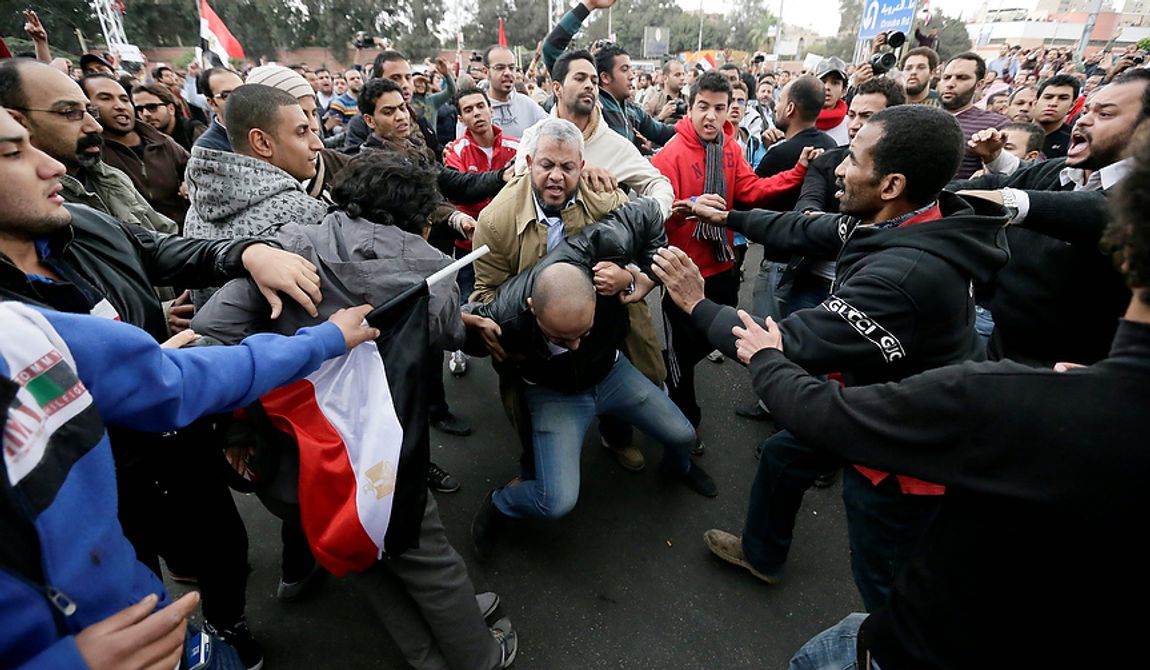
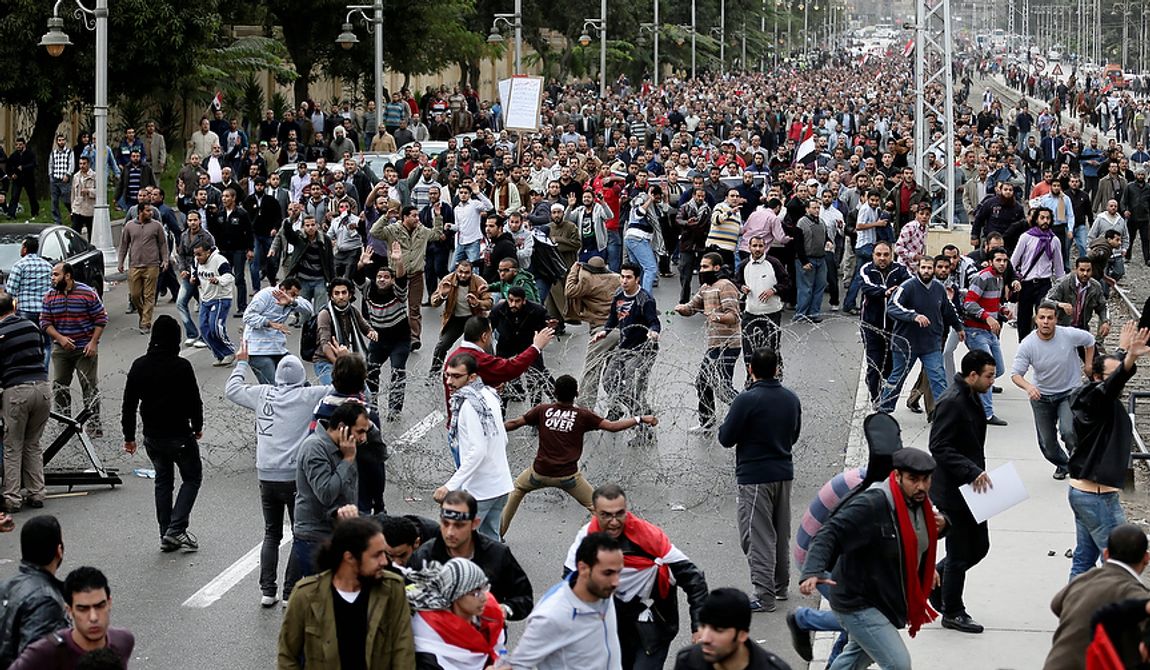
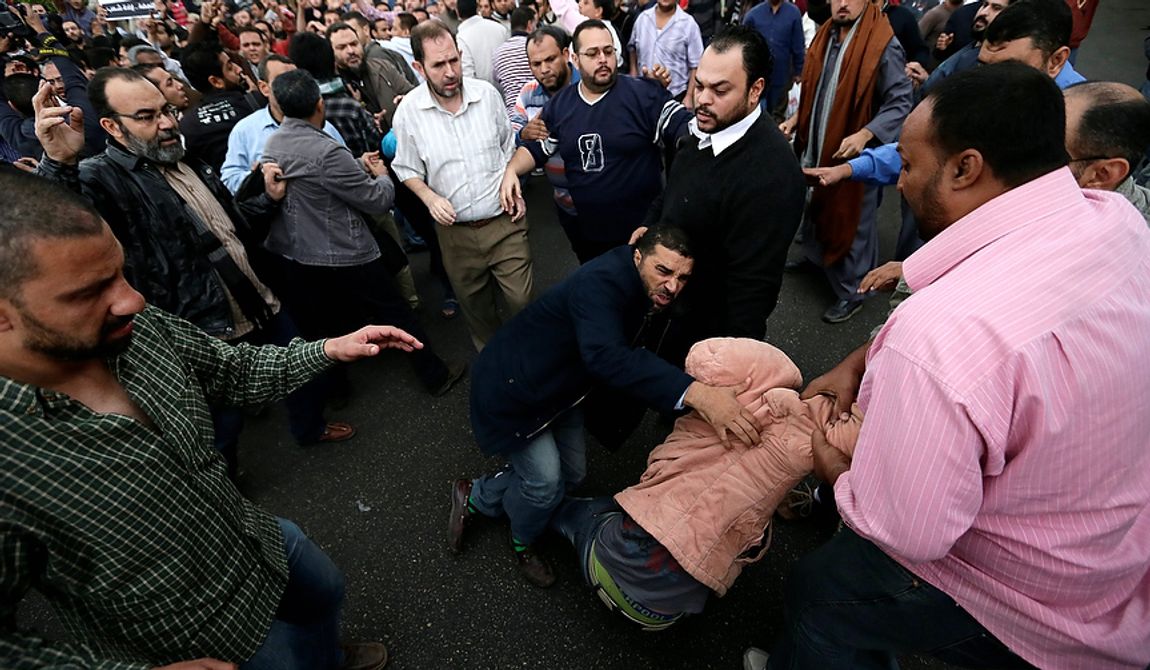
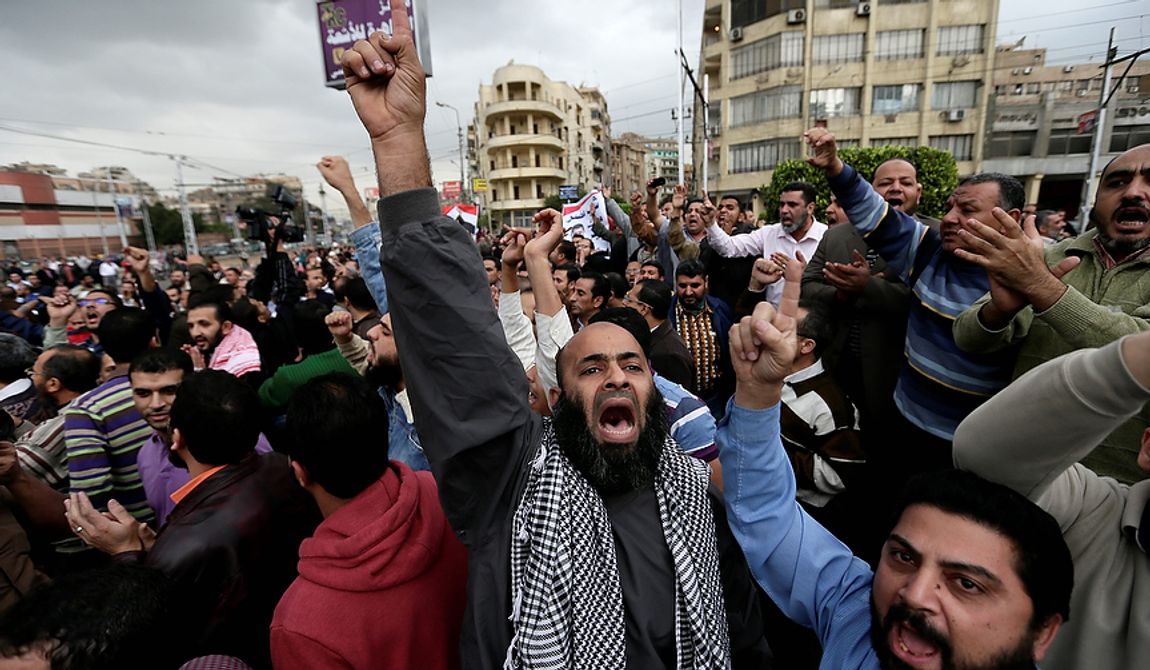
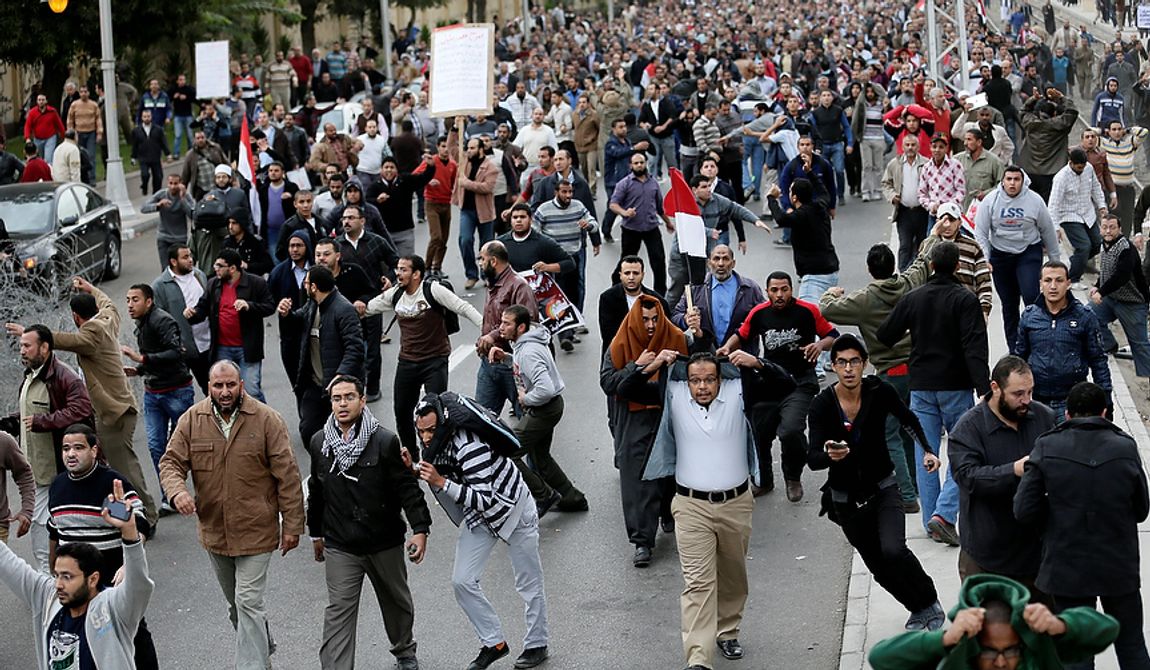
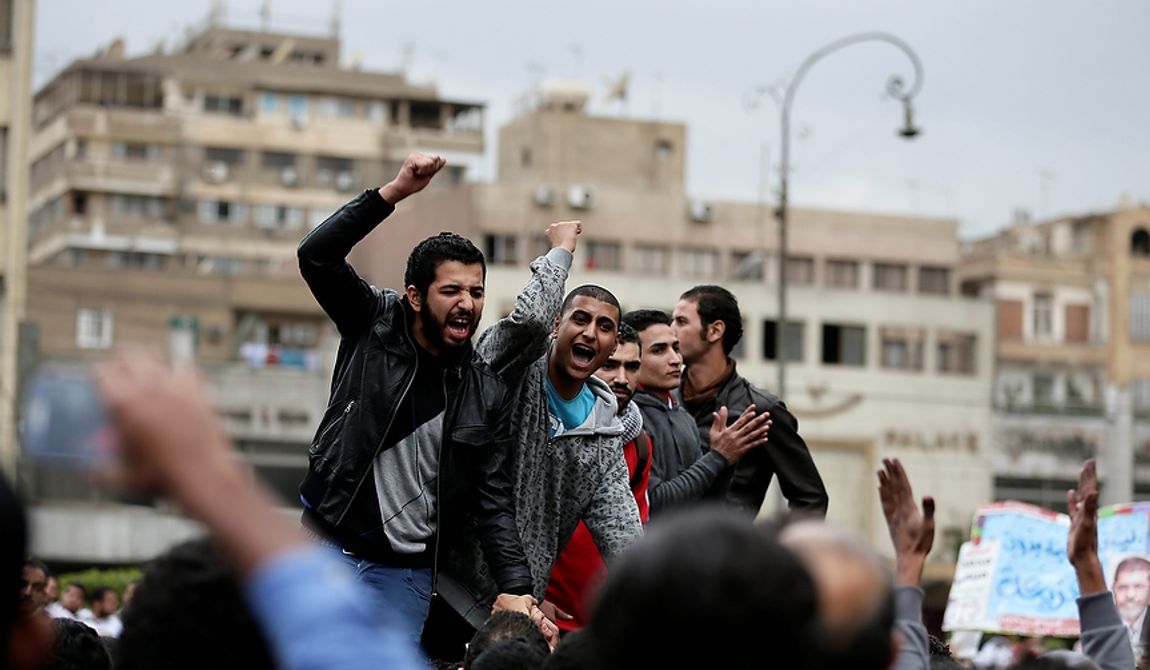
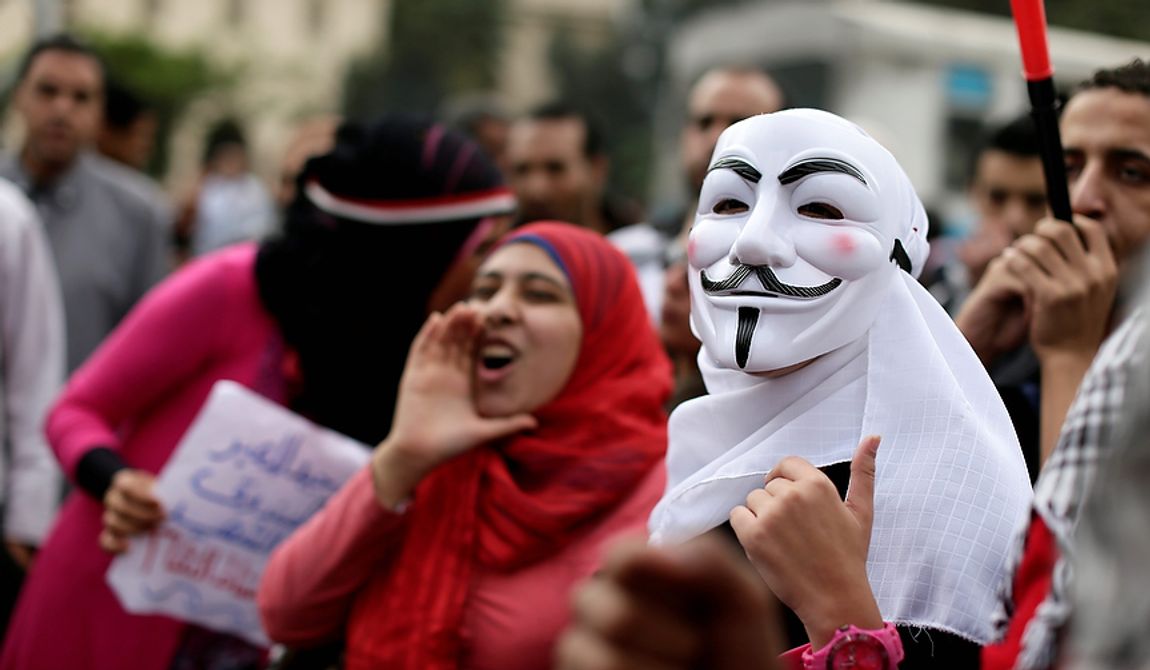
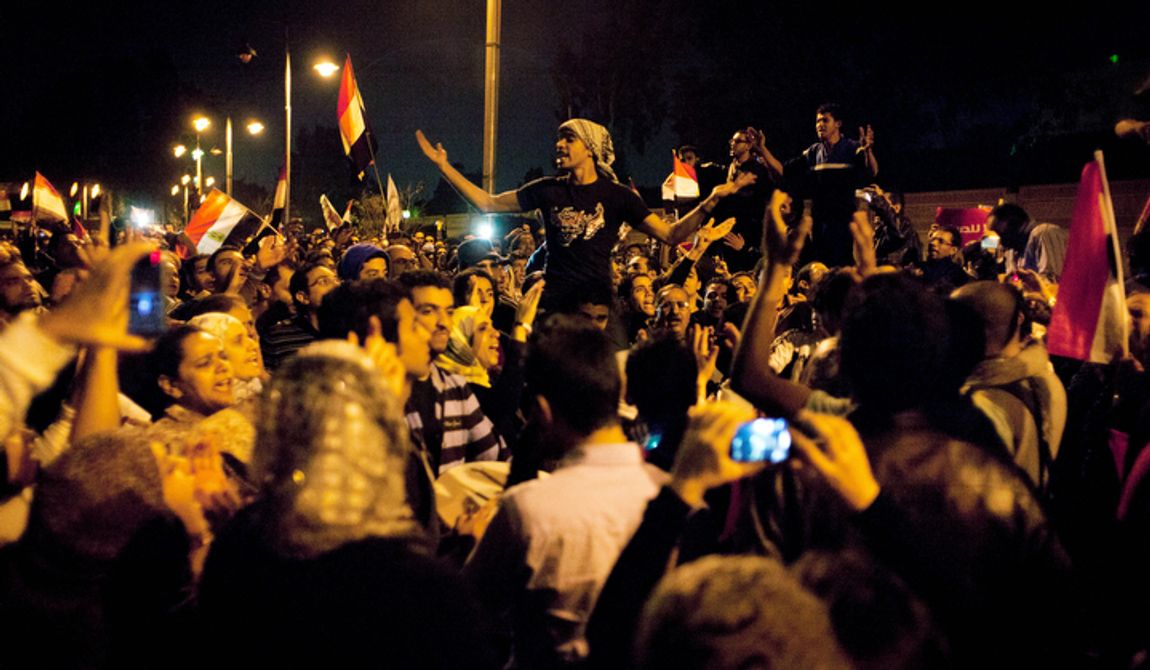
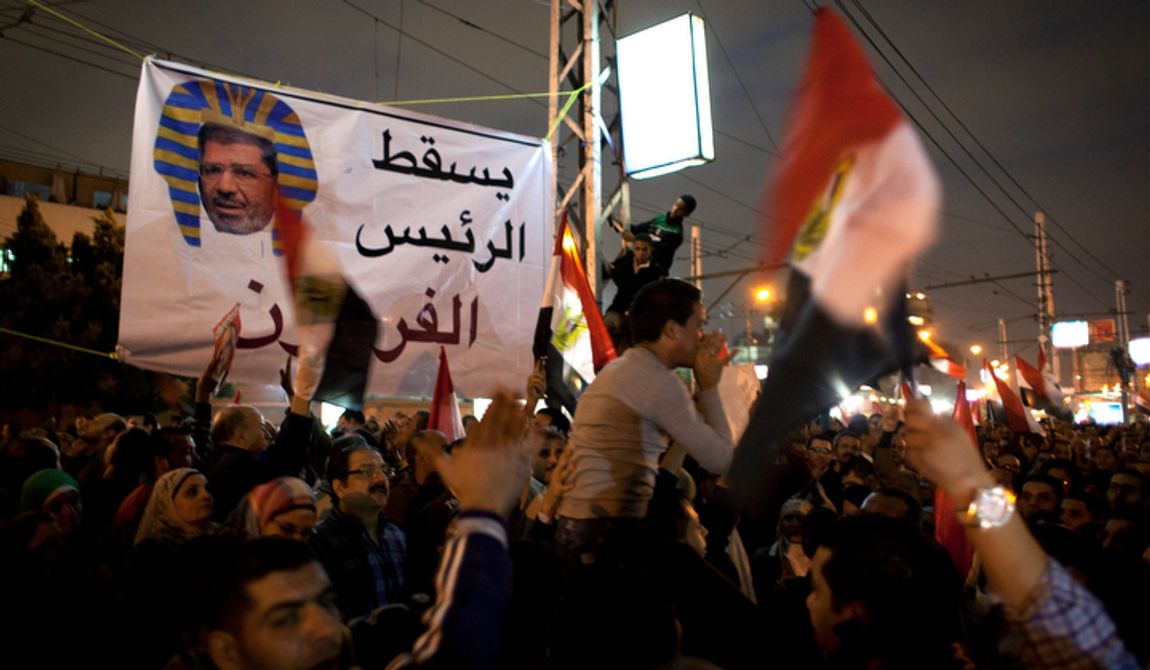
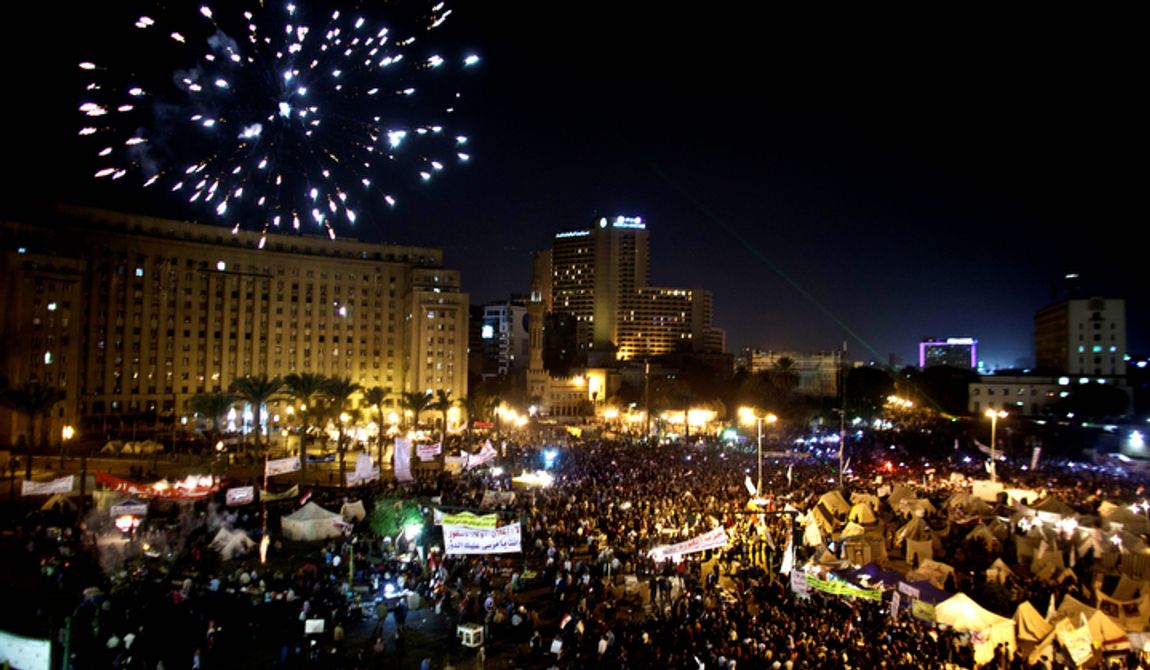
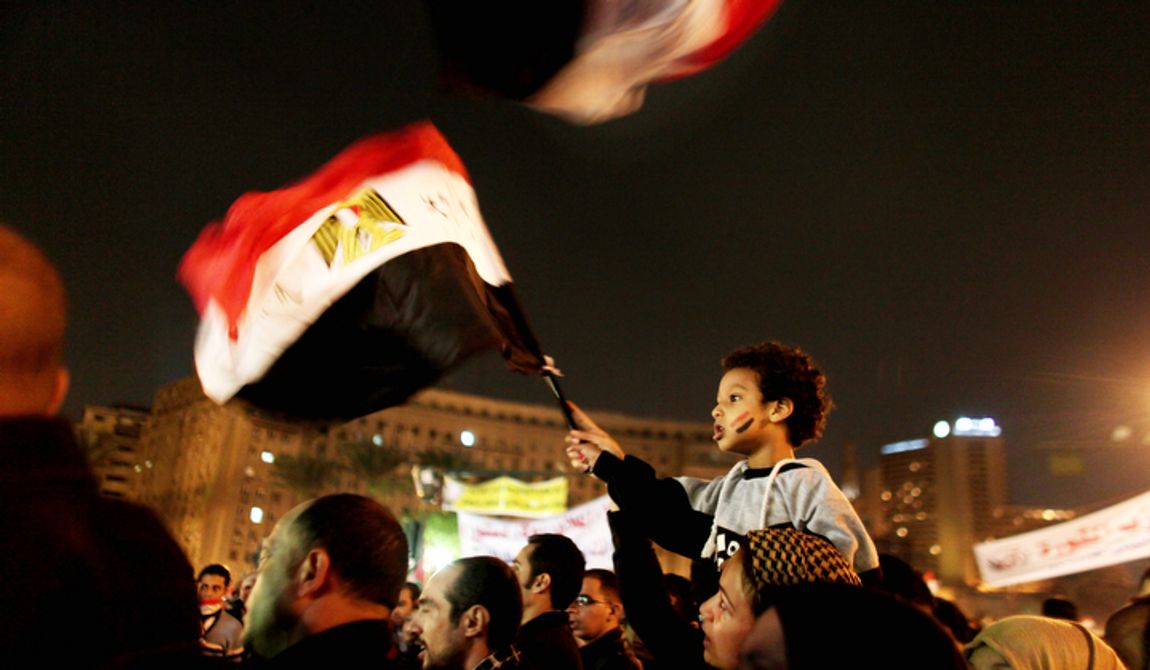
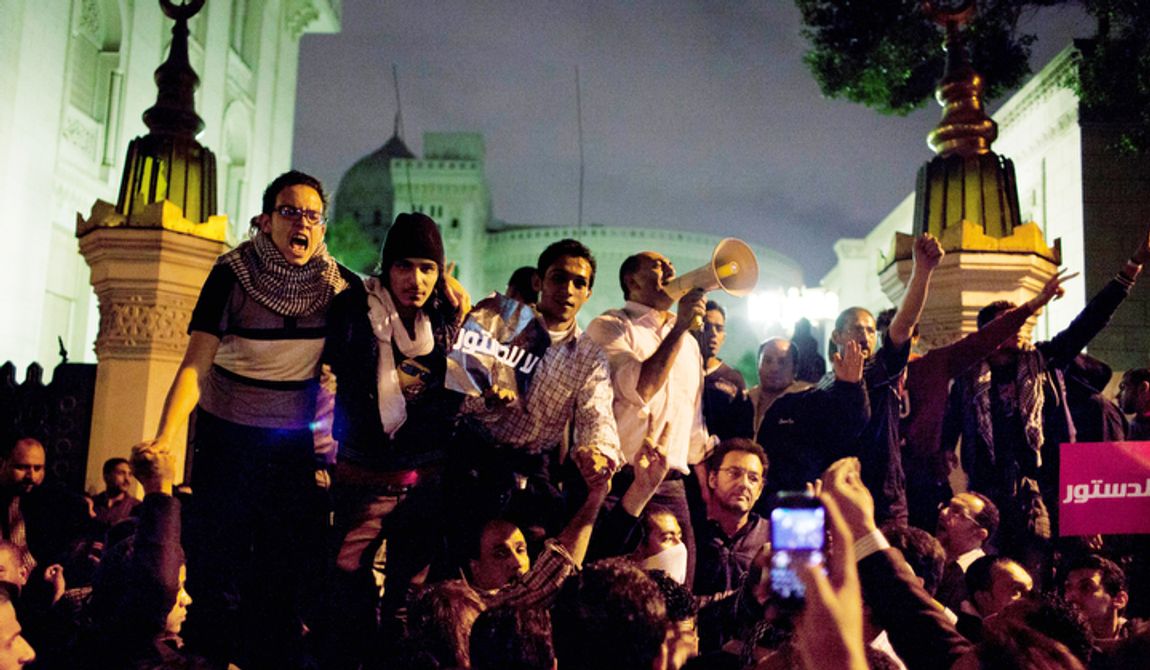
Please read our comment policy before commenting.